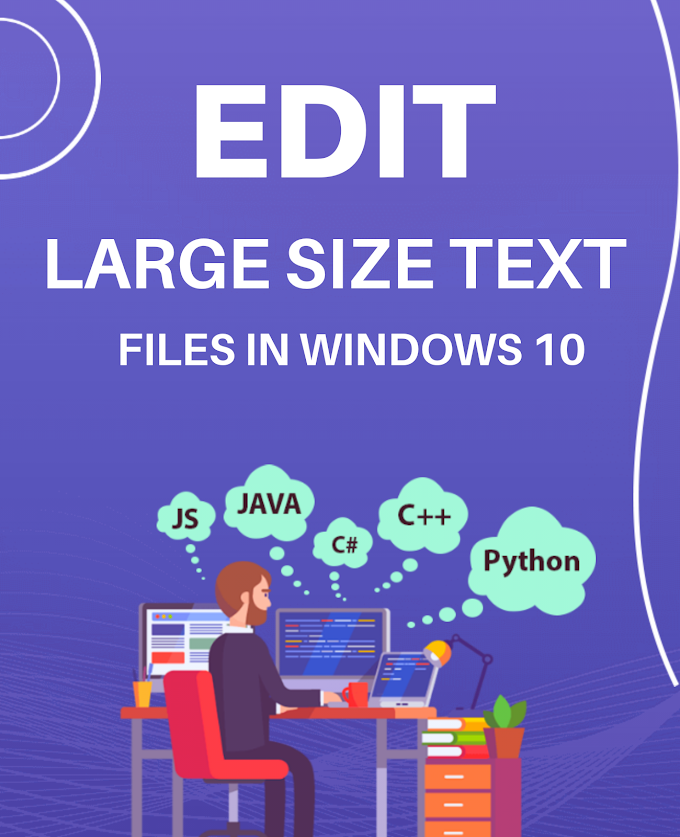SSD vs. HDD: Which Storage Option Is Best for Your Computer?
Choosing the right storage device for your computer is essential for optimal performance, reliability, and storage needs. Both SSD (Solid State Drive) and HDD (Hard Disk Drive) have distinct advantages and disadvantages, making the choice dependent on your specific requirements.
What Are SSDs and HDDs?
SSD (Solid State Drive): Uses flash memory for data storage, with no moving parts.
HDD (Hard Disk Drive): Utilizes spinning magnetic disks and a mechanical arm to read and write data.
Speed and Performance
SSDs are renowned for their exceptional speed compared to HDDs. Boot times, file transfer speeds, and application load times are dramatically lower with SSDs. For instance, SSDs typically offer data transfer rates from 500 MB/s up to 7000 MB/s, whereas HDDs range from 30 MB/s to 150 MB/s. This speed difference leads to snappier computing experiences, faster game load times, and smoother multitasking.
Durability and Reliability
SSDs are more durable because they lack moving mechanical parts. This makes them more resistant to drops and physical damage, which is especially handy for laptops and portable devices. In contrast, HDDs are vulnerable to wear and tear, especially from shocks.
Capacity and Cost
When it comes to storage capacity, HDDs are unmatched for large volumes at lower prices—models can reach up to 20TB or more. SSDs, while available in high-capacity models, are more expensive per GB but prices are gradually decreasing.
Power Consumption and Noise
SSDs consume less power and operate silently, making them ideal for laptops and offices where noise can be a distraction. HDDs, on the other hand, generate heat and noise due to their mechanical components.
Best Use Cases
SSDs: Ideal for users who value speed, durability, silent operation, and portability. Recommended for gaming, creative applications, and modern laptops.
HDDs: Suitable for bulk storage, backups, archives, and desktop PCs requiring large secondary drives at a lower cost.
Comparison Table
Which Should You Choose?
If performance and responsiveness are crucial, especially for tasks like gaming, video editing, or business productivity, SSDs are the best option. For users needing massive storage for files, backups, or media collections on a budget, HDDs remain a practical solution.
.png)


.png)

